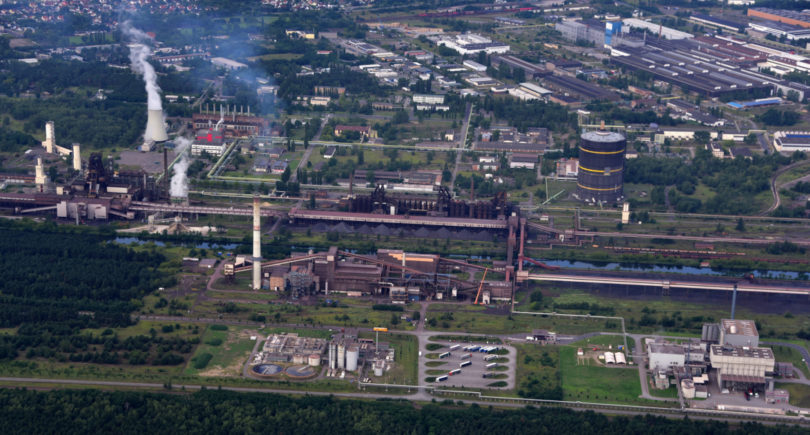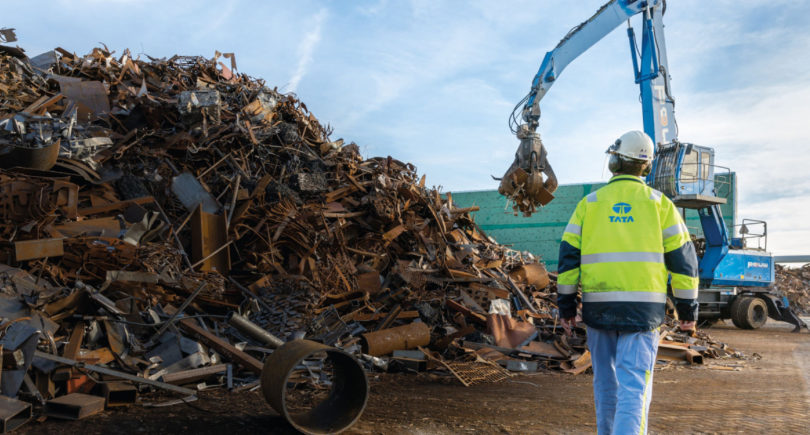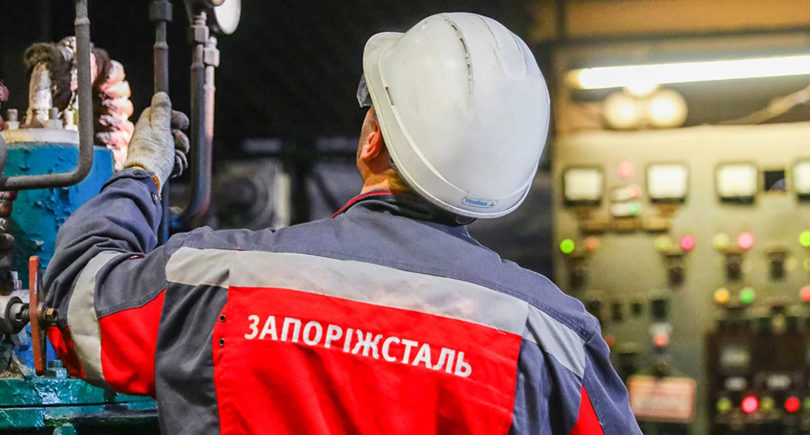
News Companies British Steel 671 14 April 2025
Special powers granted to the government to save primary steel production in the country
The UK Parliament has passed an emergency bill at an emergency session to give the government control over British Steel, Bloomberg reports.
The document gives the government broad powers to manage British Steel’s staff and operations, as well as to order raw materials to continue production in Scunthorpe, where the country’s last blast furnaces are located, which make steel from primary materials.
Parliament granted the new powers to the government amid concerns that China’s Jingye Group, which owns the plant, is preparing to close the blast furnaces, putting thousands of jobs at risk.
In March of this year, Jingye rejected a £500 million government support package. Opening the debate on April 12, Business Secretary Jonathan Reynolds said that while the government was in ongoing negotiations with the Chinese company, including a generous offer to help keep the plant running, the company wanted an “excessive” amount.
Over the last few days, it became clear that the intention of Jingye was to refuse to purchase sufficient raw materials to keep the blast furnaces running. In fact, their intention was to cancel and refuse to pay for existing orders. The company would therefore have irrevocably and unilaterally closed down primary steel making at British Steel,” he said.
The law applies to all British steel mills, not just those owned by British Steel. It allows the government to instruct companies not to close unprofitable steel mills in England and provides for criminal penalties for their managers. It also provides for compensation for companies’ costs of complying with government orders.
According to The Guardian, the new legislation does not provide for the full nationalization of British Steel. The government still hopes to attract private investment to save the Scunthorpe plant. But there is currently no private company willing to invest in the plant, and, as Reynolds admitted, state ownership remains a “likely option.”
The business secretary also said that the British government would take a more skeptical approach to future Chinese investment in sensitive sectors of the economy.
“I think that you’ve got to be clear about what is the sort of sector where actually we can promote and co-operate and ones, frankly, where we can’t. I wouldn’t personally bring a Chinese company into our steel sector,” he explained.
British officials are in a hurry to get the raw materials needed to keep the Scunthorpe plant running. According to the government, dozens of companies, including Tata and Rainham Steel, have offered raw materials and management support to help keep the plant open.
As GMK Center reported earlier, the British steel industry is undergoing a complex transformation due to the need to replace outdated facilities. This process is accompanied by a decline in production volumes, while the main consumption sectors are expected to show positive dynamics in 2025. This creates the preconditions for increasing foreign supplies of steel products.




